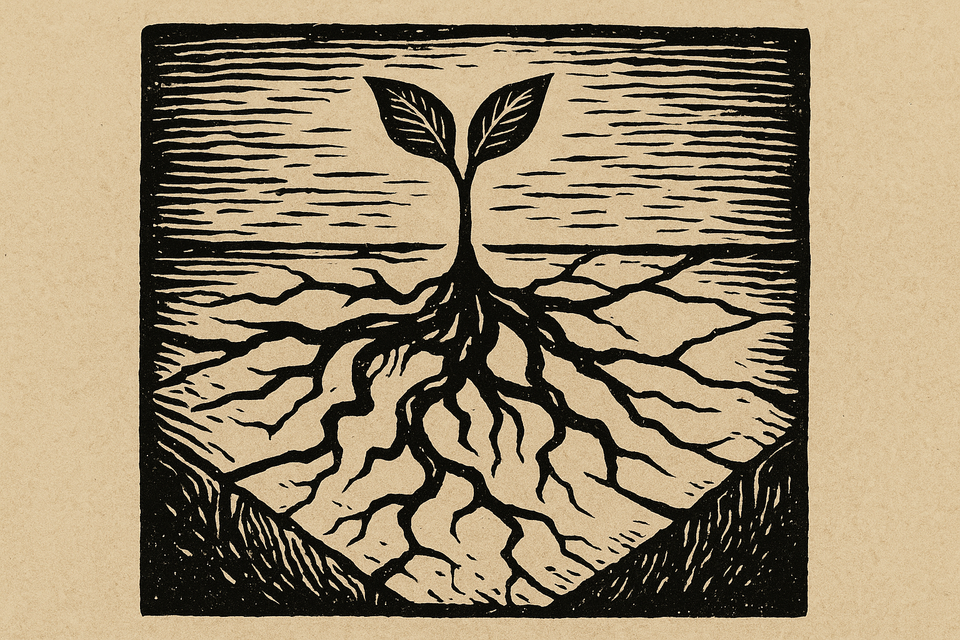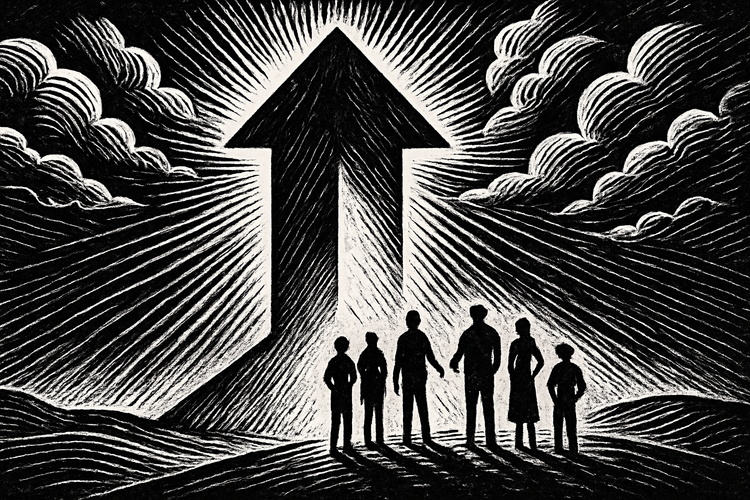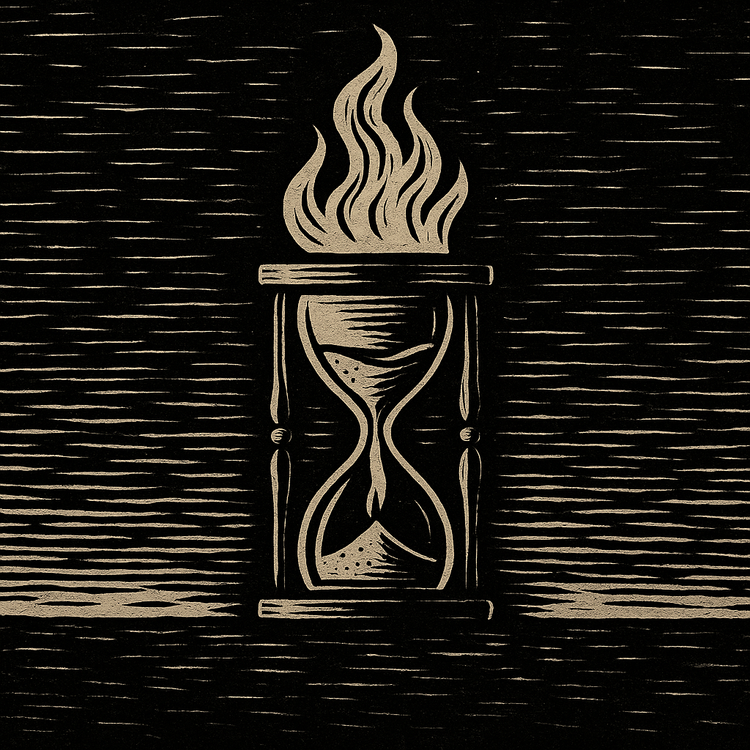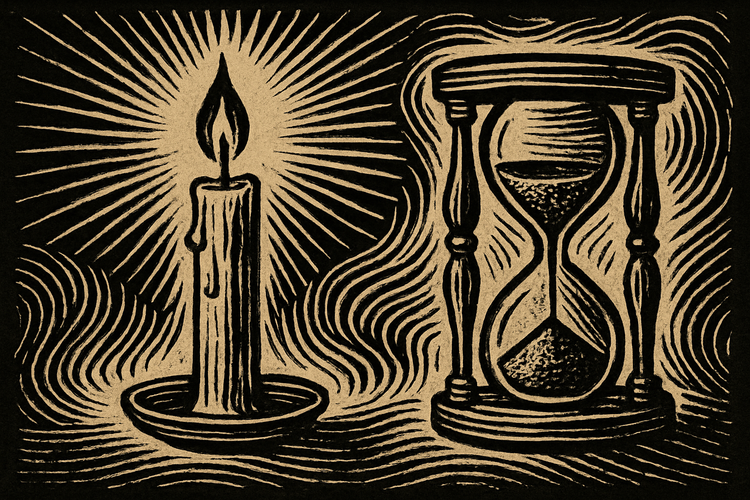The Good Place S4E6 "A Chip Driver Mystery"

Spoiler Warning: This reflection contains full spoilers for The Good Place, including retrospective insights and thematic allusions. It assumes familiarity with the entire series and is written from the perspective of a rewatch.
What Makes Someone Good
What makes someone good isn’t a fixed quality, but a direction. The Good Place has always circled this idea, and in “A Chip Driver Mystery” it comes into sharp relief. The episode places both humanity’s flaws and its possibilities under the microscope, asking whether progress lies not in being flawless, but in trying—day after day—to be a little better than before.
Brent’s Blind Novel
Brent’s so-called mystery novel becomes a perfect window into his self-delusion. What he pens is less a story than a clumsy projection of his own entitlement, filled with thin disguises of himself as the hero and everyone else as caricatures. It’s laughable, but also unsettling—the kind of writing that reveals more than he realizes about his blindness to others. The novel crystallizes the challenge of the experiment: how do you reach someone who is so cocooned in privilege that he cannot even imagine himself as flawed?
A Debate Over Humanity
Where Brent represents the micro scale of personal blindness, Michael and Bad Janet’s confrontation plays out on the macro scale. Their debate distills into two stark worldviews: Bad Janet insists that humanity is irredeemable, locked into selfishness and cruelty, while Michael argues that people can change if given the chance. It’s a clash not just of characters, but of cosmologies—pessimism against hope, determinism against growth. The conversation underscores the stakes of the experiment: if even someone like Brent can improve, then Michael’s fragile faith in humanity might be justified.
The True Impact
The real progress of the episode isn’t measured in Brent’s behavior, but in how the others respond to him. Again and again, they face the temptation to dismiss him as hopeless, yet Eleanor, Tahani, and Jason choose instead to keep trying. Michael and Janet observe and occasionally assist, but the persistence belongs to the humans themselves. This becomes the true impact Michael points to in his debate with Bad Janet: that what matters isn’t whether people are good or bad, but whether they’re willing to try to be better today than they were yesterday.
Becoming Better
By the end of “A Chip Driver Mystery,” the episode makes clear that the heart of growth lies not in sudden transformation, but in steady persistence. Brent’s novel may be absurd, and Bad Janet’s cynicism may ring with some truth, but the humans’ refusal to give up shows another path. To be human is not to arrive at perfection—it is to keep walking, to try again, and to choose the work of becoming better than before.



Comments ()